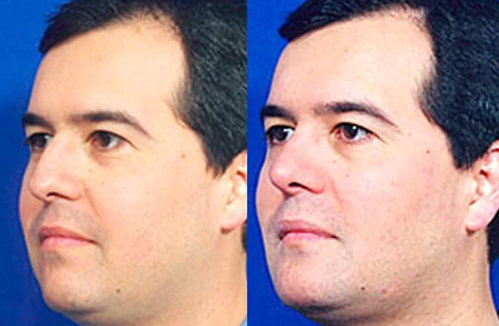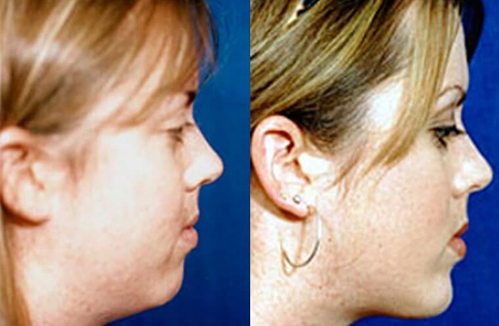Buccal Fat Removal


Candidate for Buccal Fat Removal
For those who are a healthy weight and in good shape, but still have cheeks that appear chubby, this may be the right procedure for you! Below you will find some of the qualities that make you the right candidate for the surgery.
- Overall Health: Patients need to be in good overall health both physically and mentally. You must maintain a stable weight recently as weight loss and gain can impact your results.
- Nonsmoker: Ideally, you should not smoke at all. However, you will need to quit for at least two weeks before surgery and for two weeks after surgery. Smoking can negatively impact healing.
- Healthy Expectations: This may be the right for those who are unhappy with their cheeks. However, the patient must have realistic expectations for the procedure and the results.
Table of Contents
Surgery Consultation
Every procedure begins with a consultation. It’s essential to let the surgeon know what your expectations are at this appointment. This will help them understand if the procedure is right for you. Depending on your aesthetic goals, our office provides a variety of cosmetic procedure options that can help you attain your desired look. At the appointment, you will undergo a physical examination. You must be in good overall health before surgery. At this appointment, you must share any medical conditions you have, your current medications, and any prior surgeries you have undergone. Your face will be examined, and photos will be taken.
Recovery Process
The procedure is performed on an outpatient basis so you can usually go home the same day. Initially, your cheeks will be swollen, and you may have some bruising. This is entirely normal and should subside within a few weeks. You may be instructed to stay on a liquid diet for the first week due to the incisions inside your mouth. You will need to strictly follow your surgeon’s instructions on rinsing your mouth to ensure that it stays clean and healthy. Healing will take several weeks, and the swelling will take some time to decrease.
See Our Work Before and After Photos


Buccal Fat Removal Surgery
Dr. Brent and his team will provide you with pre-operative instructions that are uniquely specific to you. However, some guidelines apply to patients across the board. Below you will find the necessary steps you will need to take before surgery.
- No Smoking: If you currently smoke, you’ll need to stop for at least two weeks before surgery and for two weeks after. Smoking negatively impacts the healing process.
- Stay Healthy: Staying healthy by eating a well-balanced diet, exercising regularly, and getting enough sleep can help with recovery. Maintain your overall health, so you are fully prepared for surgery.
- Avoid Certain Medications: Depending on what you take, you will need to stop taking certain medications before surgery. Talk with Dr. Brent and his team if you have any questions.
- Driving Arrangements: It’s important to have someone drive you home, and you may want to have someone with you for the first few days. The early days are vital in terms of recovery, so having extra support can help.
The procedure is performed under general anesthesia, which will help keep you relaxed and asleep. A board-certified anesthesiologist will monitor you throughout the entire surgery. If you are only getting buccal fat removal, the procedure should not take more than two hours. The incision necessary to remove the fat pad is made on the inside of your mouth and cheek. However, if you are getting this procedure done in addition to a facelift, you will not need the incision in your mouth, and it can be done using the same facelift incision. Once the fat is removed, the surgeon will close the incisions inside your mouth. The stitches used to close the incision are usually absorbable, so you won’t need to get them removed later. As best as you can, avoid disrupting the stitches in your mouth by touching them with your tongue.
